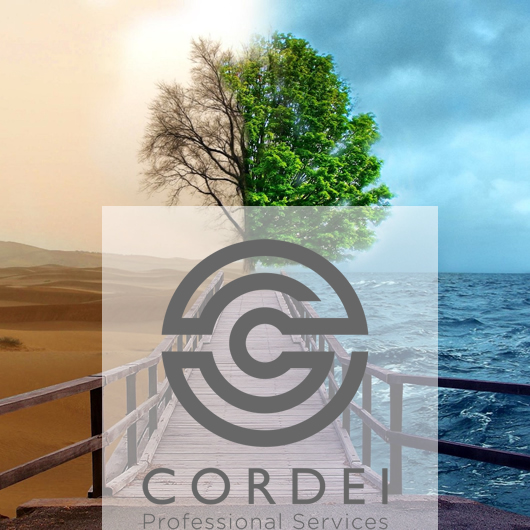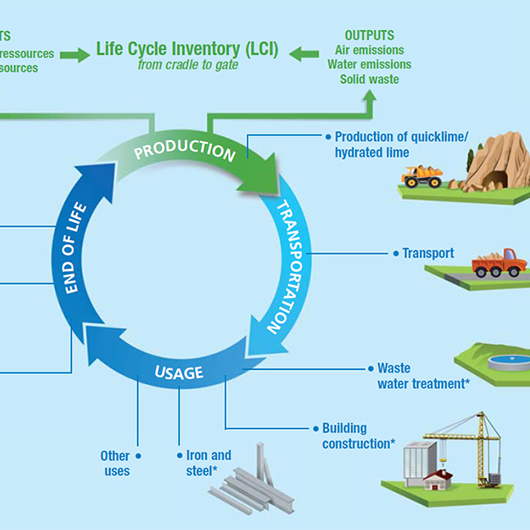CORDEI'S APPROACH TO EIA
Cordei provides a full range of EIA and SEA services to clients across all our business sectors and throughout all our international operating areas. We provide project developers involved in wide range of industries with the in-depth knowledge and tools needed to surpass standard environmental assessment requirements through all stages of a project’s life cycle.
Environmental Impact Assessment (EIA) is an integral part of planning and development. It is a process by which the anticipated effects on the environment of a proposed development are measured to inform the decision making process. The EIA process can often be seen as complex and confusing, particularly for key stakeholders. However, if managed well it offers an opportunity to de-risk development and enhance reputation.
At Cordei Professional Services we understand the importance of a consentable development and our aim is to achieve a successful consent with the minimum of fuss that maximizes commercial viability. We provides a diverse range of services to assist clients who need to undertake an Environmental Impact Assessment (EIA) in support of a specific development, or a Strategic Environmental Assessment (SEA) of a larger scale concept or planning policy. The level of support Cordei can offer ranges from individual technical sections through to complete management of the SEA / EIA and the associated planning process. We are particularly used to assessing large, complex projects across all Business Areas and throughout all of our international operating areas.
HIGHLIGHTS
Cordei has a wide range of experience supporting clients’ involved in the onshore, offshore and marine sectors with management system design and implementation as well as adherence to national and international standards
WE ARE EIA EXPERTS
Cordei has successfully delivered a considerable number of Environmental Impact Assessments (EIAs) and produced many Environmental Statements (ESs) for a diverse range of development projects. From supporting successful consent for large scale wind farms, through to providing specific environmental appraisals and technical reports for residential property developments. With offices across the UK we bring an in-depth understanding of the environmental jurisdiction across many different planning authorities. Our approach is to focus the EIA process upon the key issues and take a proportionate approach to the assessment to minimize project risk and maximize opportunities for success.
- Acoustic and Noise Impact Assessments
- Consultation and Liaison with Regulatory Bodies
- Coordination and Project Management
- Ecological Impact Assessments
- Energy Management and Sustainability
- Environmental Due Diligence
- GIS and Data Solutions
- Hydrology and Hydrogeology Impact Assessments
- Integrated Design and Technical Advice
- Site Feasibility and Scoping
HOW WE CAN HELP
Clients are typically developers or industrial clients, but CORDEI also provides pragmatic reviews of EIA work to regulators and other interested parties. CORDEI’s SEA clients tend to be governmental and regulatory bodies that wish to assess the impacts of their policy-making guidance and decisions.
CORDEI can manage and deliver an entire EIA project from concept, pre-feasibility through to feasibility using experienced EIA project managers and its teams of technical specialists; or our technical experts can provide input on one or more discrete EIA topics. We also have key staff that are able to provide technical peer review as may be required for the more contentious projects to ensure that the assessment is robust and thorough.
CORDEI’s approach to EIA work is iterative, working constructively to assess impacts and then to optimize project proposals to minimize those impacts whilst maintaining project viability. CORDEI’s EIA managers have expertise in specific business sectors which they use to work pro-actively with their colleagues and clients to achieve a positive outcome.
Working as an integrated part of your team we:
- Create a project strategy which identifies the range of issues critical to project risk, value and ultimately success
- Define a suitable project scope, proportionate to the nature and scale of the development, by initiating an early and effective consultation process.
- Design-in solutions, embedding sustainable mitigation measures in the design, to add value and reduce the likelihood of issues later on, saving you time, money and wasted effort.
- Prepare a robust Environmental Statement or appraisal that addresses regulatory requirements and guidance.
Of course, depending on the nature of your development, a full EIA may not always be required. We have successfully screened many client projects as non-EIA submissions saving valuable time and money.



